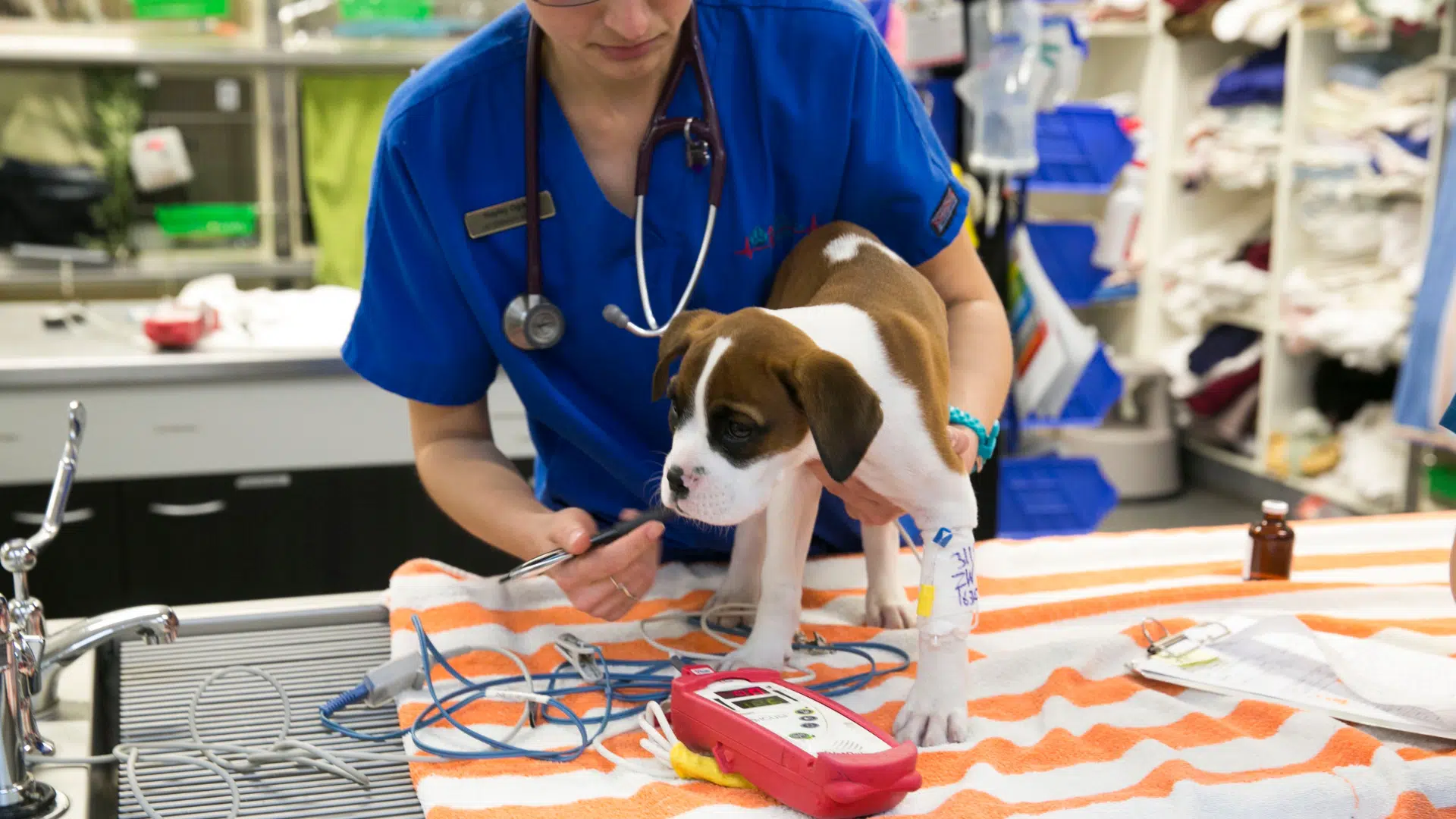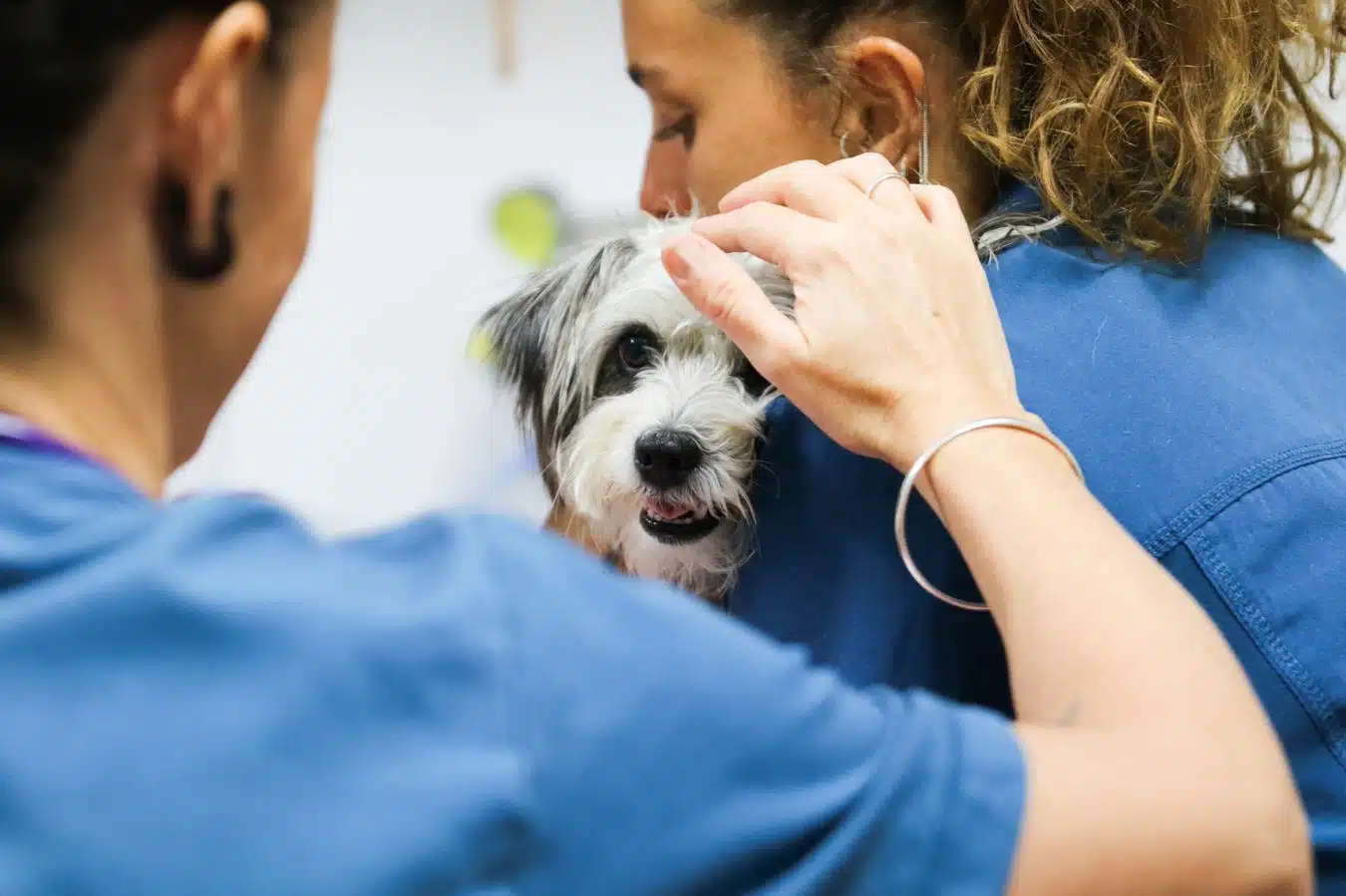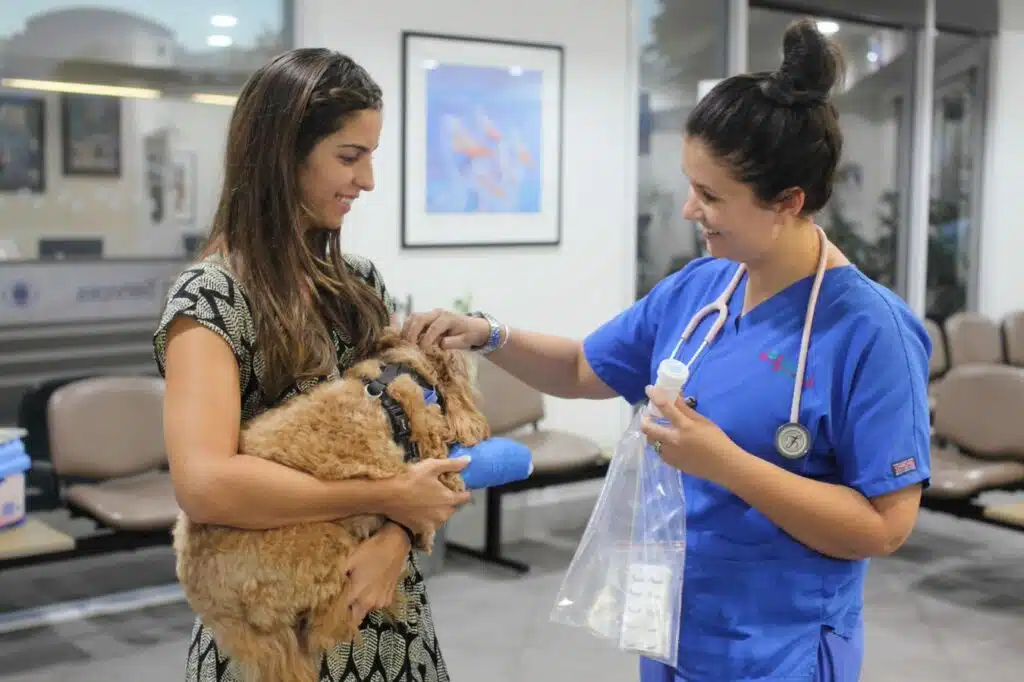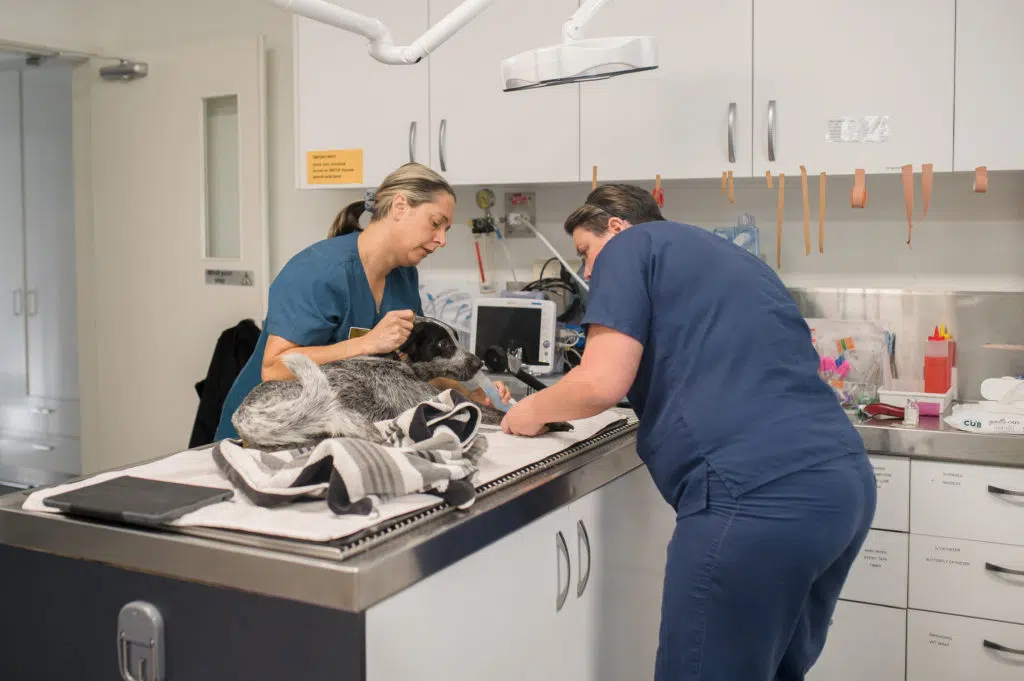Do you sometimes feel emotionally drained from work? You’re not alone. Becoming emotionally exhausted is a real issue for many veterinary professionals, and it can have serious consequences for your mental health. In this post we’ll explore the causes of compassion fatigue and what you can do about them to keep yourself feeling energised in your work as a vet!
What is compassion fatigue and how can it affect your health?
Compassion fatigue is when compassion and empathy for others wears away over time due to the constant exposure to the problems of others – whether humans or animals. It can be a serious issue for vets, but it also applies to any profession where you’re constantly exposed to compassion-related work.
If left untreated, compassion fatigue could lead one towards feeling emotionally drained from their work and having an overall negative outlook on life in general. This is also associated with mental health issues like burnout and depression. And it goes beyond mental consequences too, as prolonged exposure could eventually lead to physical consequences as well including headaches, insomnia, back pain and chronic musculoskeletal injuries.
Why does it impact vets in particular?
There are many factors that can contribute to compassion fatigue as a vet. Constantly being a person that’s helping others is one way that it can sometimes manifest itself – if we help enough people, then our own mental health will suffer when there isn’t any left for us! It’s important to be able to acknowledge when you need time to focus on your own emotional wellbeing, rather than constantly giving.
As a vet, you’re constantly exposed to compassion-related tasks like animal care or helping others cope with trauma. For example, you might work with an animal who has experienced abuse or neglect, or you may need to break the news to a pet owner that their pet has been diagnosed with a severe and terminal illness. These constant requirements for compassion can be a drain on you mentally and physically, and could lead to compassion fatigue without preventative interventions.
What should I do to prevent compassion fatigue?
As veterinary professionals, compassion fatigue can be a real challenge. The daily demands of caring for sick or injured animals, supporting their owners, and managing the emotional toll of difficult cases can take a toll on even the most dedicated individuals. Here are three steps veterinary professionals can take to reduce and prevent compassion fatigue:
Practice Self-Care
It’s important to prioritize your own physical and emotional well-being. This includes making time for activities that bring you joy, eating a healthy diet, getting regular exercise, and practicing stress-reducing techniques like meditation or yoga. Taking breaks during the day and ensuring you have time off work can also help reduce stress levels.
Seek Support
It can be helpful to connect with others who understand the challenges of your profession. Consider joining a support group or seeking out a therapist who specializes in working with veterinary professionals. It’s important to have a safe space where you can talk about your experiences and process your emotions.
Establish Boundaries
It’s easy to become overwhelmed by the demands of your job, but setting boundaries can help. This includes learning to say “no” when necessary, delegating tasks when appropriate, and setting realistic expectations for yourself and others. It’s important to remember that you are only one person and can only do so much.
How else can you reduce compassion fatigue?
Other ways to combat compassion fatigue include getting enough sleep, not overbooking yourself, spending time outdoors with friends and family, and using stress-reducing techniques like mindfulness. It is also important to regularly take breaks from compassion-related tasks so that your energy levels don’t wear out. If despite these preventative measures you still can’t overcome the feeling of being overwhelmed, then consider seeking professional counselling as well as taking a break from work until the compassion fatigue subsides.
As vets, we know that compassion fatigue is a real issue. And it can have serious consequences for your mental health. In this post we’ve explored the causes of compassion fatigue and what you can do about them to keep yourself feeling energised in your work as a vet! To find out more about proper wellbeing for veterinary professionals, explore our library of Animal Emergency Australia wellbeing resources.






